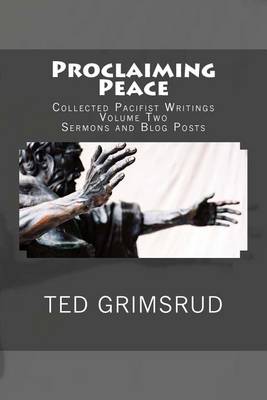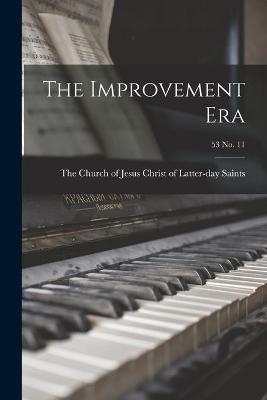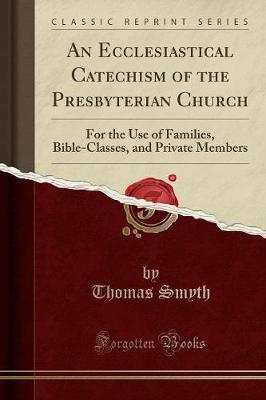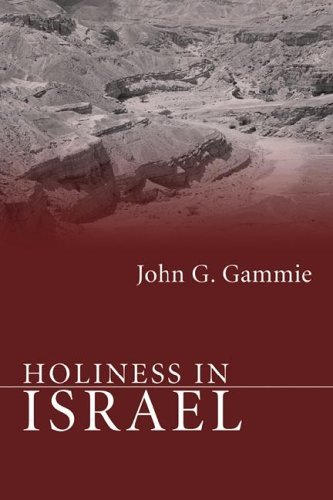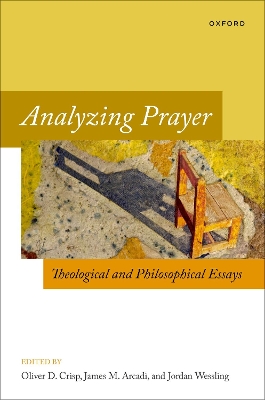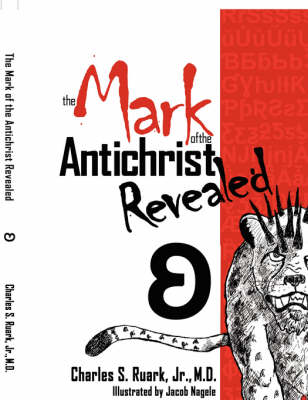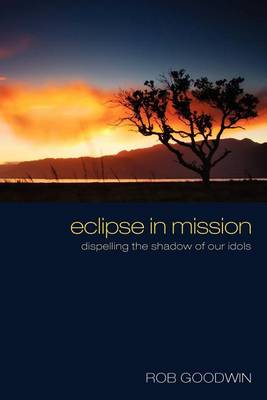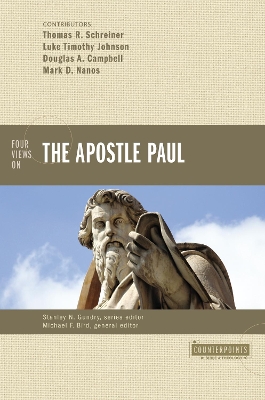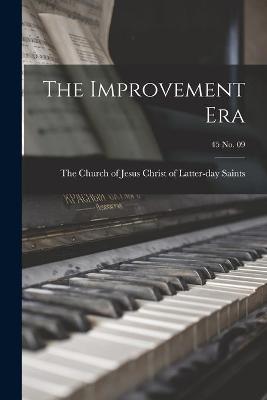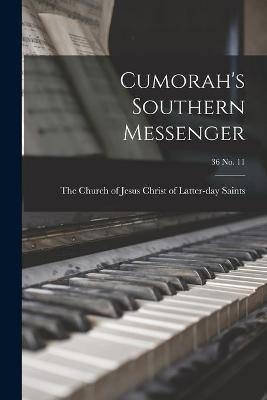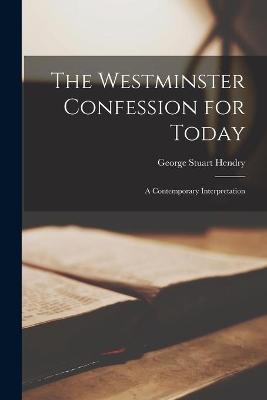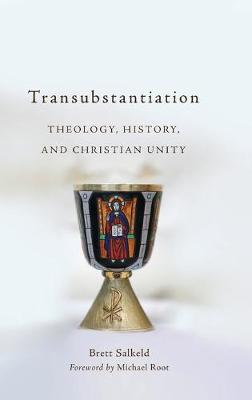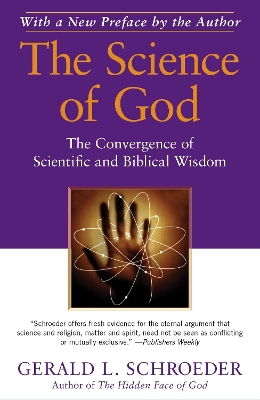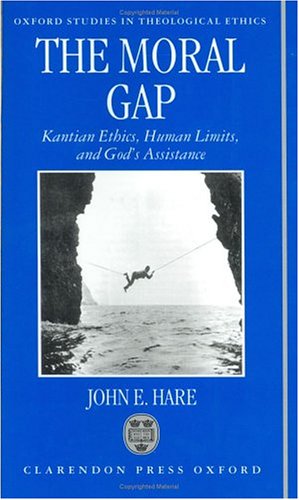An Ecclesiastical Catechism of the Presbyterian Church
by Thomas Smyth
Holiness in Israel (Overtures to Biblical Theology) (Overtures to Biblical Theology S.)
by John G Gammie
Analyzing Prayer (Oxford Studies in Analytic Theology)
Analyzing Prayer draws together a range of theologians and philosophers to deal with different approaches to prayer as a Christian practice. The essays included deal with issues pertaining to petitionary prayer, prayer as reorientation of oneself in the presence of God, prayer by those who do not believe, liturgical prayer, mystical prayer, whether God prays, the interrelation between prayer and various forms of knowledge, theologizing as a form of prayer, lament and prayer, prayer and God's pre...
The Mark of the Antichrist Revealed
by Charles S Ruark, Jr. and Dr Charles S Ruark, Jr
Four Views on the Apostle Paul (Counterpoints: Bible and Theology)
An introduction to ongoing debates on the apostle Paul's life and teaching and his letters' ramifications for the Church of today. The apostle Paul was a vital force in the development of Christianity. Paul's historical and religious context affects the theological interpretation of Paul's writings, no small issue in the whole of Christian theology. Recent years have seen much controversy about the apostle Paul, his religious and social context, and its effects on his theology. In the helpful...
For the readers of The Language of God, another instant classic from "a sophisticated and original scholar" (Kirkus Reviews) that disputes the idea that science is contrary to religion. In The Science of God, distinguished physicist and Biblical scholar Gerald L. Schroeder demonstrates the surprising parallels between a variety of Biblical teachings and the findings of biochemists, paleontologists, astrophysicists, and quantum physicists. In a brilliant and wide-ranging discussion of key topics...
This book is about the gap between the moral demand on us and our matural capacities to meet it. John Hare starts with Kant's statement of the moral demand and his acknowledgement of this gap. Hare then analyses Kant's use of the resources of the Christian tradition to make sense of this gap, especially the notions of revelation, providence, and God's grace. Kant reflects the traditional way of making sense of the gap, which is to invoke God's assistance in brigding it. Hare goes on to examine v...

